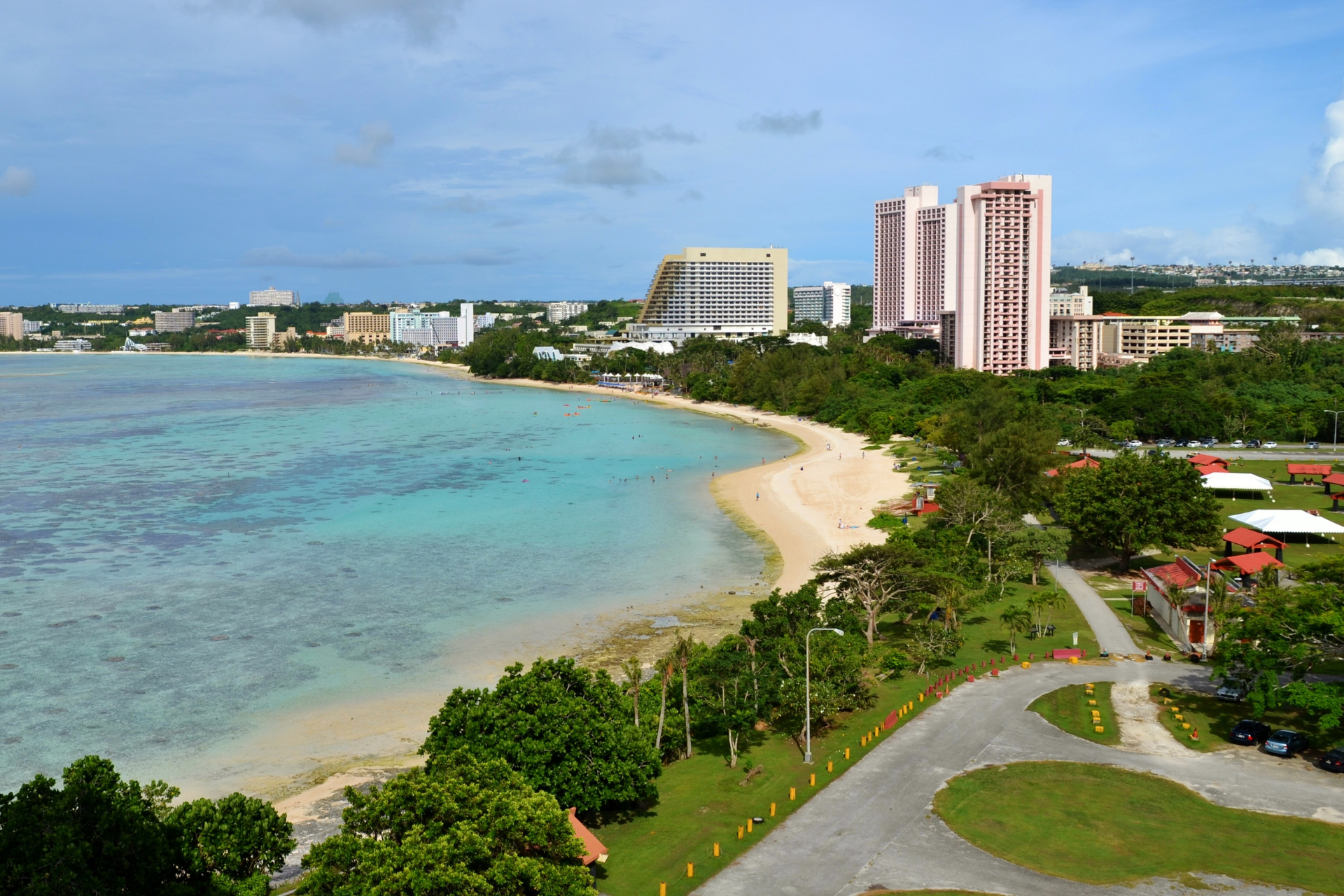Although the dignity afforded through Puerto Rico statehood is appealing to most Puerto Ricans, there are skeptics on the island whose interest in statehood is tempered by the belief that statehood will never happen, no matter how hard they push for it.
Last week, Congress delivered a message to those skeptics when it enacted into law the Respect for Marriage Act., which codified the right to same-sex marriage.
It was not long ago when it looked like federal protection for same-sex marriage was an impossible dream for supporters.
The 1996 Defense of Marriage Act (DOMA) defined marriage as a union between one man and one woman and allowed states to refuse to recognize same-sex marriages performed in other states. It specifically included territories and Native American tribal groups along with states.
The Respect for Marriage Act directly revokes this law.
What changed between 1996 and 2022?
Just 26 years ago, Congress felt strongly enough about same-sex marriage to pass the DOMA. Legal protection of same-sex marriage appeared dead.
The DOMA had 117 sponsors, including members from both political parties, and passed the House 342 – 67. President Clinton signed the bill into law.
The terrain started to shift a bit only in 2013, when a Supreme Court decision (US. v. Windsor) rejected the definition of marriage in the Act but continued to allow states to choose whether or not to accept marriages performed in other states. A subsequent decision in 2015 (Obergefell v. Hodges) further advanced national thinking when it held that states were required to acknowledge marriages performed in other states for same-sex couples just as they did for male-female couples.
Pew Research recently found that just over 60% of Americans favored same-sex marriage, saying it is “good for society.” In 2004, the positions were reversed, with 61% opposing it. So one big change since 1996 has been in public opinion.
How does this relate to Puerto Rico statehood?
About 60% of Americans favor statehood for Puerto Rico, according to a 2021 poll.
Gallup polls show even higher numbers, averaging about 66% since 1962.
Statehood has also been the winner in all three status votes taken in Puerto Rico since 2012, when impossible options, under the guise of a “Commonwealth” label, were no longer presented to voters as valid.
It has not been that long since the majority of Americans were unaware that Puerto Rico is a territory of the United States and that people born in Puerto Rico are citizens of the United States. Polls taken before Hurricane Maria in 2017 found that just about half of Americans surveyed actually had that information.
This has changed.
Whatever the reason for the societal change in position on same-sex marriage, the switch from the Defense of Marriage Act to the Respect for Marriage Act reflects hard-fought reforms achieved only after many years of advocacy.
The same pattern of pushing for years against apparently insurmountable odds is at the heart of all landmark reforms, including the push for civil rights.
There is no reason to think that Puerto Rican statehood should be the exception to this rule. As the Respect for Marriage Act shows, dreams can die many times over before they are finally brought to life.


